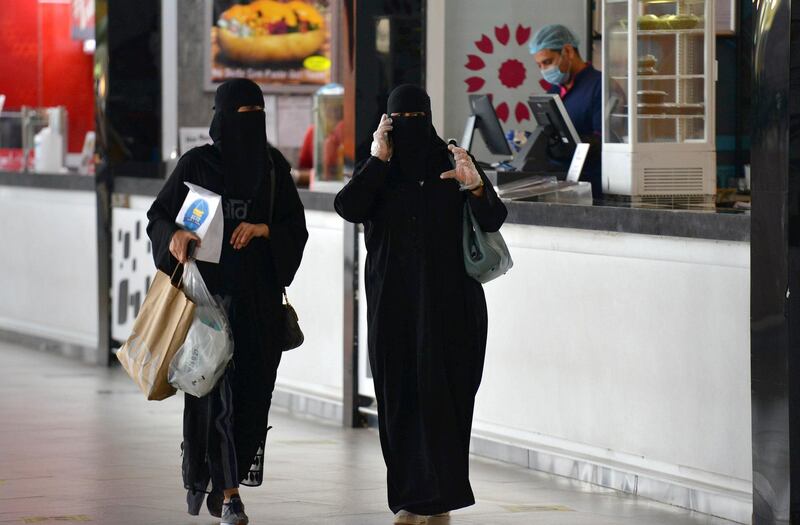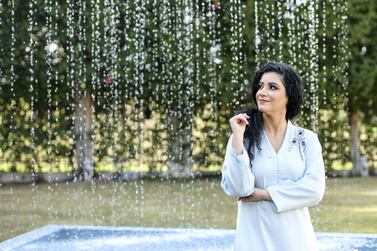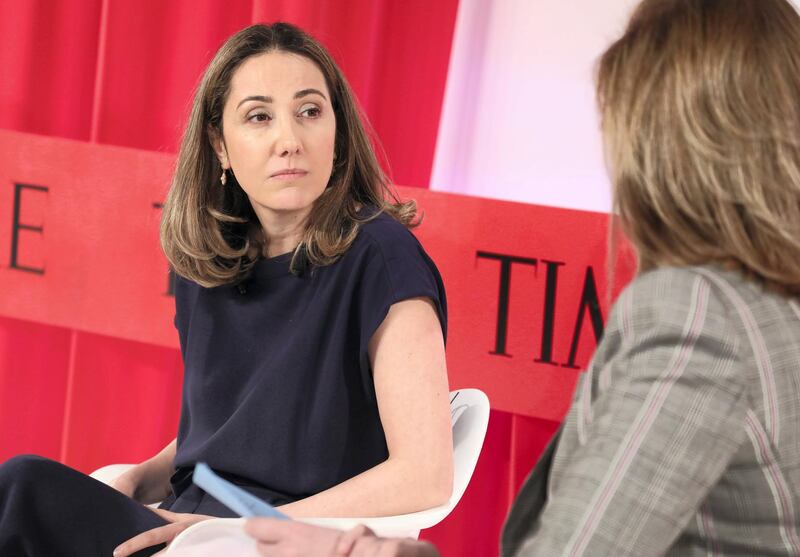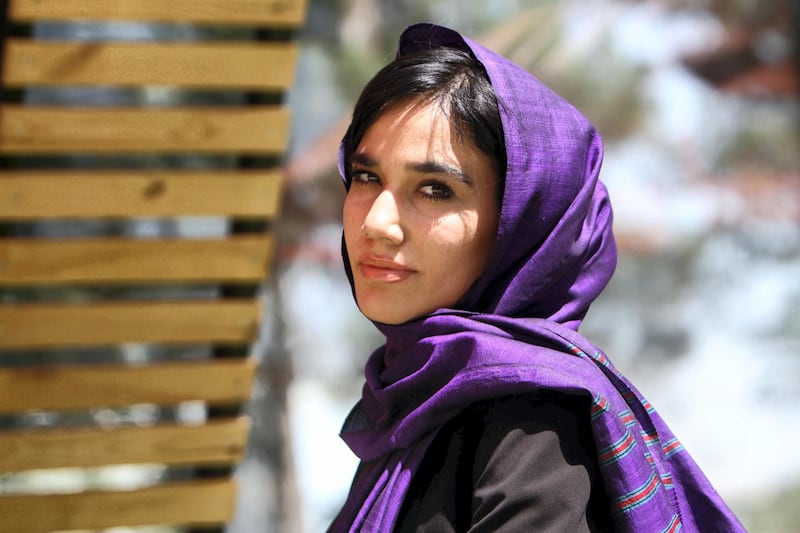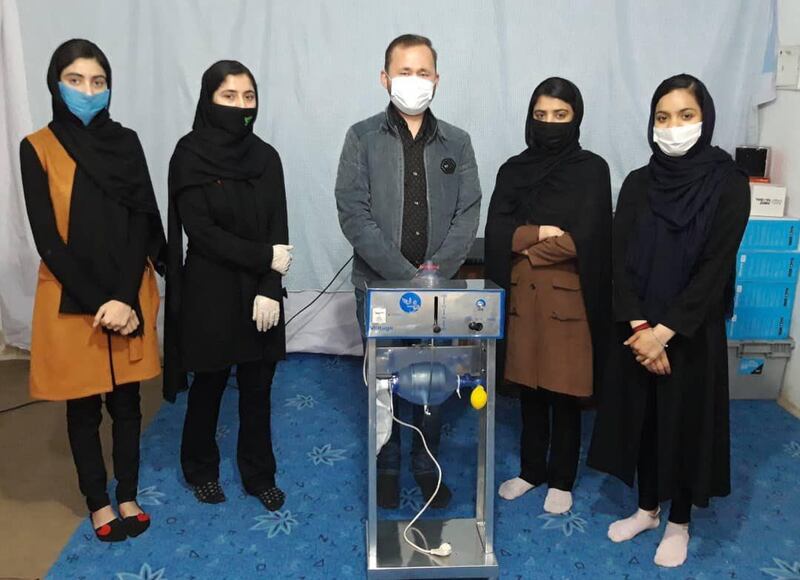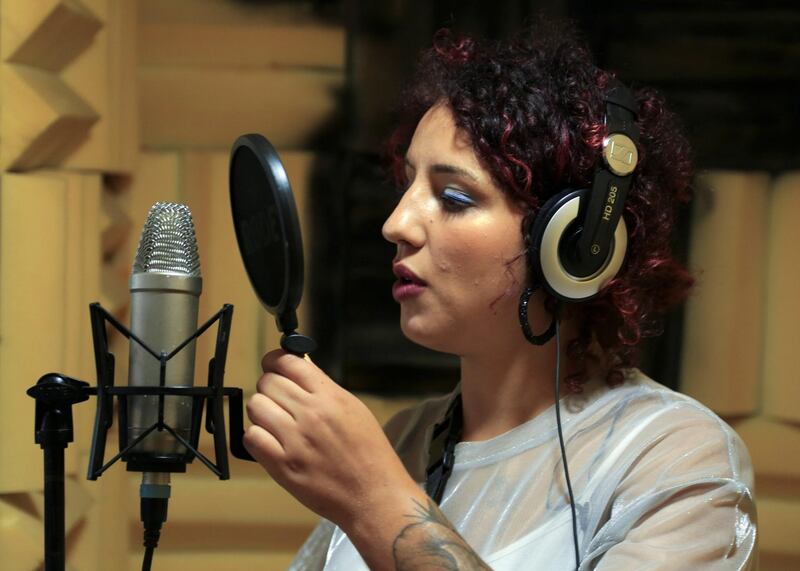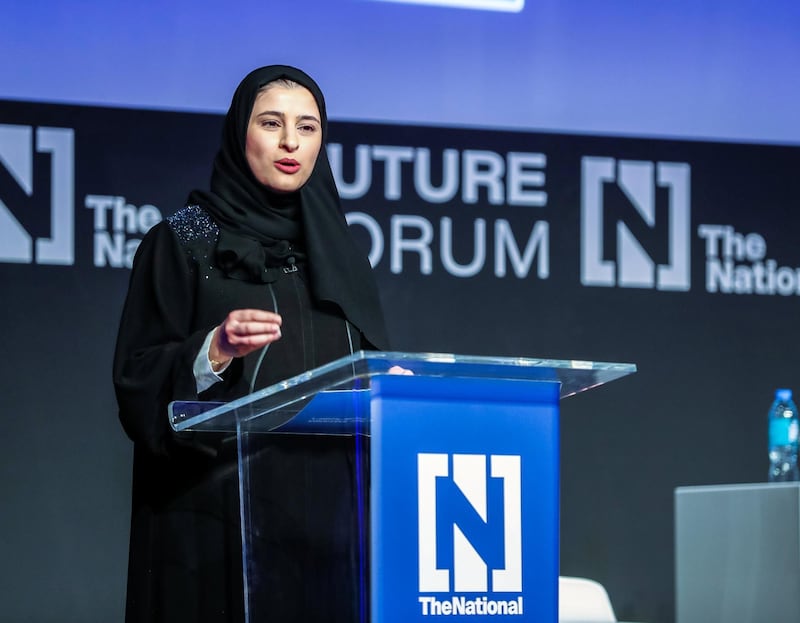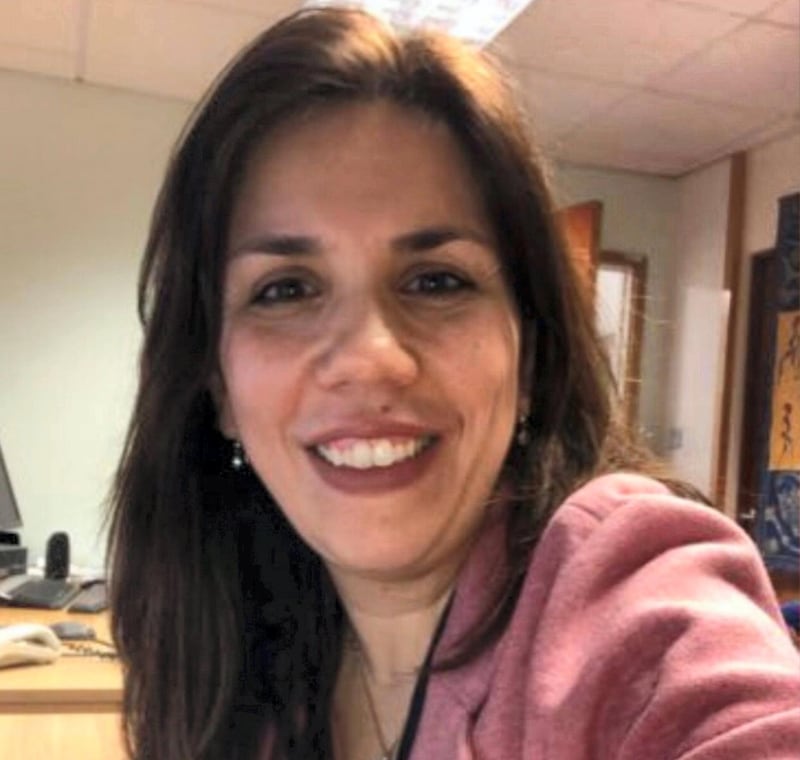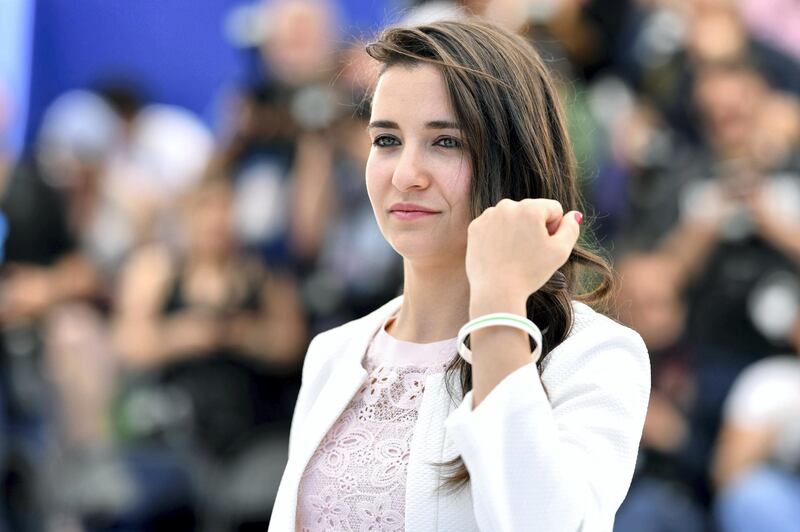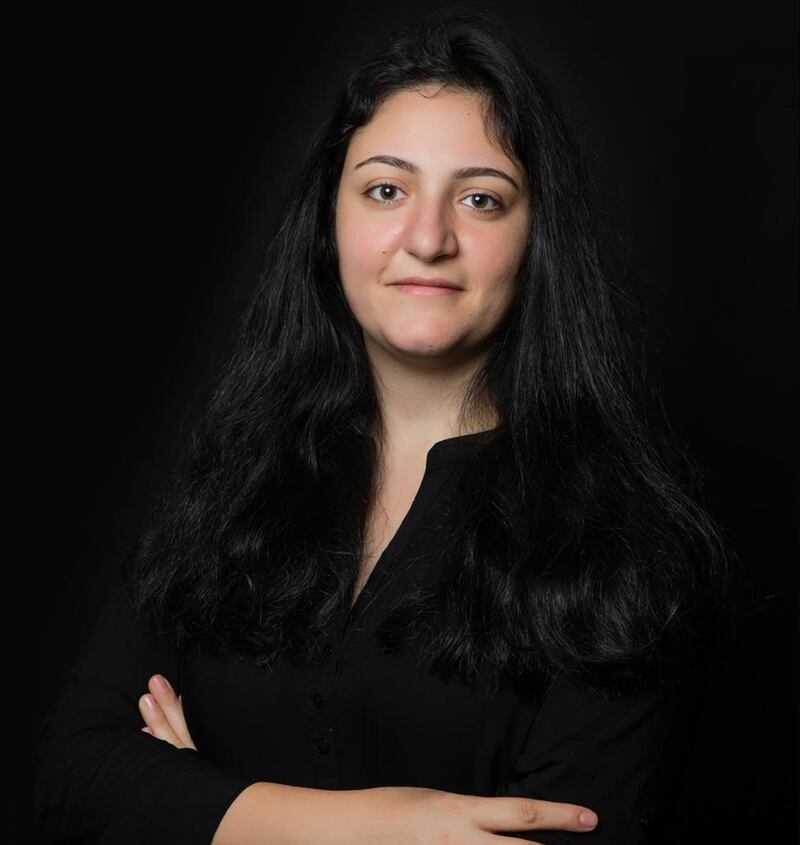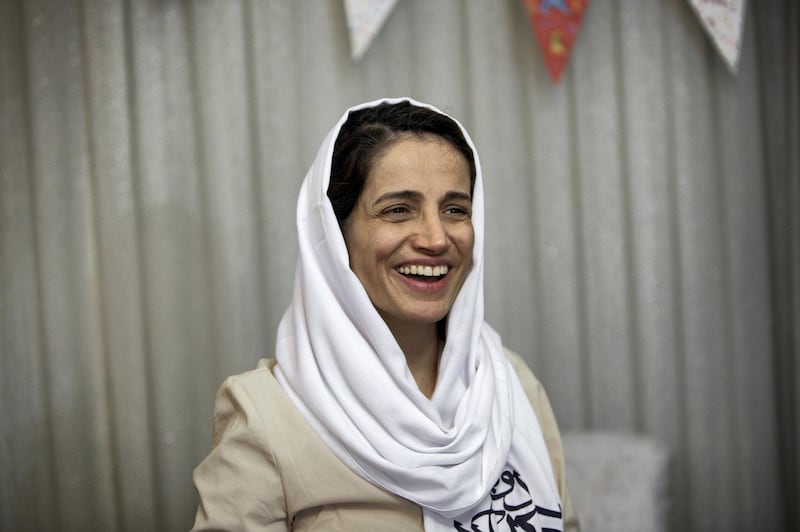Saudi Arabia's Vision 2030 set ambitious targets for all sectors of the kingdom. But Saudi women are expected to become the main beneficiaries of the reforms, as they go from being largely unseen in public life to playing a driving role in business, government and society.
Since his appointment as crown prince in 2017, Mohammed bin Salman's sweeping reforms allowed women to drive, take up key positions on the state's Shura Council, and work as ambassadors and public servants.
Two years on the road: how life has changed for Saudi women
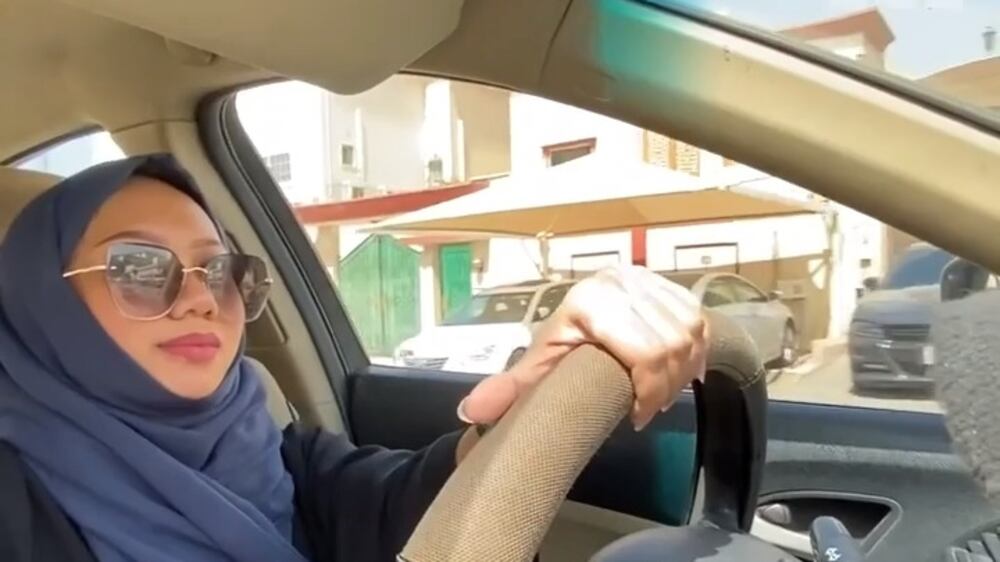
The National spoke to women across the kingdom to reflect on the changes taking place.
"Saudi women have more rights than ever before," Hayat Osman, a young lawyer in Riyadh, told The National.
Looking back on a year of change, The National spoke to women across the kingdom on how life today is different from just a year ago.
Saudi women in the workforce
This year, more women joined the workplace across all sectors and major industries, as well as in leadership and decision-making roles. The rise is in line with expectations given that Saudi women make up 60 per cent of the nation's university graduates.
"You see women everywhere you go. My sister is a dentist, I work in a retail store and my sister works in a carpet store in Al Balad, downtown Jeddah," Zahra Ibrahim, a sales representative in Jeddah, told The National.
“We are all catering to an open society, where we have equal opportunities like our fathers and brothers to realise our dreams, make a living and can be independent – all for the first time. I am grateful to MBS for his positive support, without whom this was not possible until now,” she said, using the common acronym for Prince Mohammed.
Thirteen women were appointed to the Saudi Human Rights Commission in 2020, making up half the seats on the council.
"Never has there been a more promising, more optimistic time to be a young woman in Saudi Arabia than right now," said Princess Reema bint Bandar, the kingdom's ambassador to the US.
“Change is happening all around us and our collective journey will continue until Saudi women are genuinely accepted in every job and sector, so that we never again have to call any Arab woman ‘the first’,” she said.
Salma Al Rashid, who is representing Saudi Arabia this year at the Women 20 working group of the G20, chaired by the kingdom, said discussions were often based on forging a new path for women in society.
“My participation was a vital step in projecting the voices of Saudi Arabia’s women at this global forum.
"The W20 this year allowed us to create a bridge between global and local conversations – that is meaningful and at times challenging – with the different perspectives of various sectors of the community on what matters most to women and how we can ensure women’s economic empowerment,” she said during the summit in Riyadh last month.
First woman competes at Middle East's top falconry show
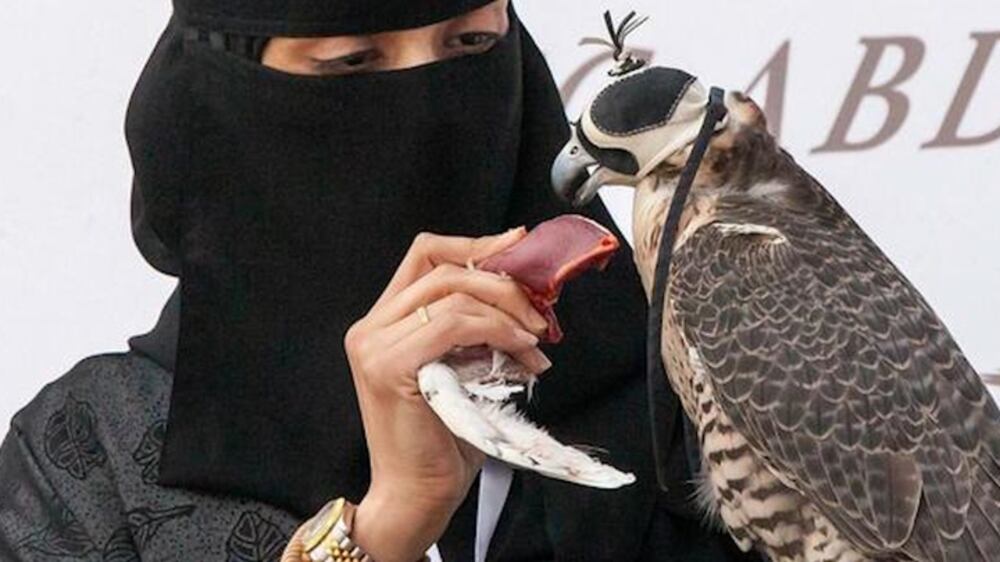
In 2020, Saudi Arabia also joined the United Nations Commission on the Status of Women, which promotes gender equality and female empowerment.
Women’s empowerment through new legislation
Another milestone for Saudi women's empowerment this year came with the right of Saudi women to register the births of their children (previously restricted to the father or other male relative).
Along with other areas where women no longer need a male guardian's approval, they no longer need familial consent to start a business. Saudi women can also find jobs in any sector and there are new employment laws specifically aimed at protecting women from discrimination and abuse.
Saudi women have a greater public presence
Saudi women were also granted the rights to attend and participate in sport, cultural and entertainment events.
The kingdom recently announced the formation of an amateur women's league for the first time. Mariam Alangari, a Saudi football player, said she was thrilled to be a part of this change.
“I used to play abroad but thank God I can play in my own country and will get the chance to be a professional player.”
A work in progress: Vision 2030 and women empowerment
"As an Islamic country we are following laws that give women the power and freedom to do these things on an equitable basis. With Vision 2030, we now know women have a place in the future and we want to empower our society and make the country proud," said Rama Zumai, who heads the corporate communications team for Saudi multinational Nesma Holding.
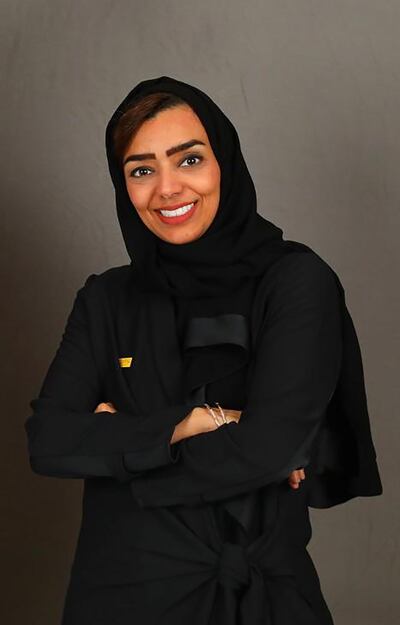
In addition to her position at Nesma Holding, Ms Zumai is a consultant for the Small Medium Enterprises Authority, where she has been working with women from underprivileged areas over the past few years, offering them various employment and training opportunities.
"There are two ideas – one gives women more rights and the conditions to thrive, when it comes to work, entrepreneurship roles or allowing women to drive and travel; the other supports the approach which believes women can do everything and deserve to be equal. When the Vision was implemented, it unified both these ideas and made them culturally acceptable. Everything has changed," she said.
“Women weren’t allowed to even enter the chamber of commerce, but now that’s changed. The public didn’t give women in leadership roles the confidence they deserved. I experienced this personally.”
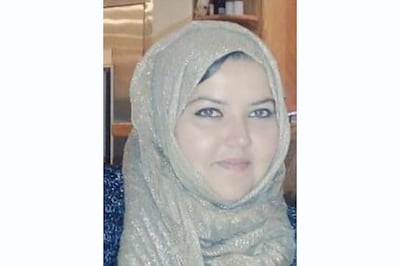
Rasha Hefzi, a counsellor in Jeddah city council and owner of Sidra Event Management, said the changes in women’s rights started three years ago.
“Today you can see changes from policymaking to changes in implementation of practices; social engagement activities and women participating in the public sector. Opportunities for businesswomen to have a bigger share in the economy by greater participation, and there are new enterprises including women in sports.
"It is creating a new way of life and that is what Saudi Arabia needed," Ms Hefzi told The National.
_____________________________________________________
